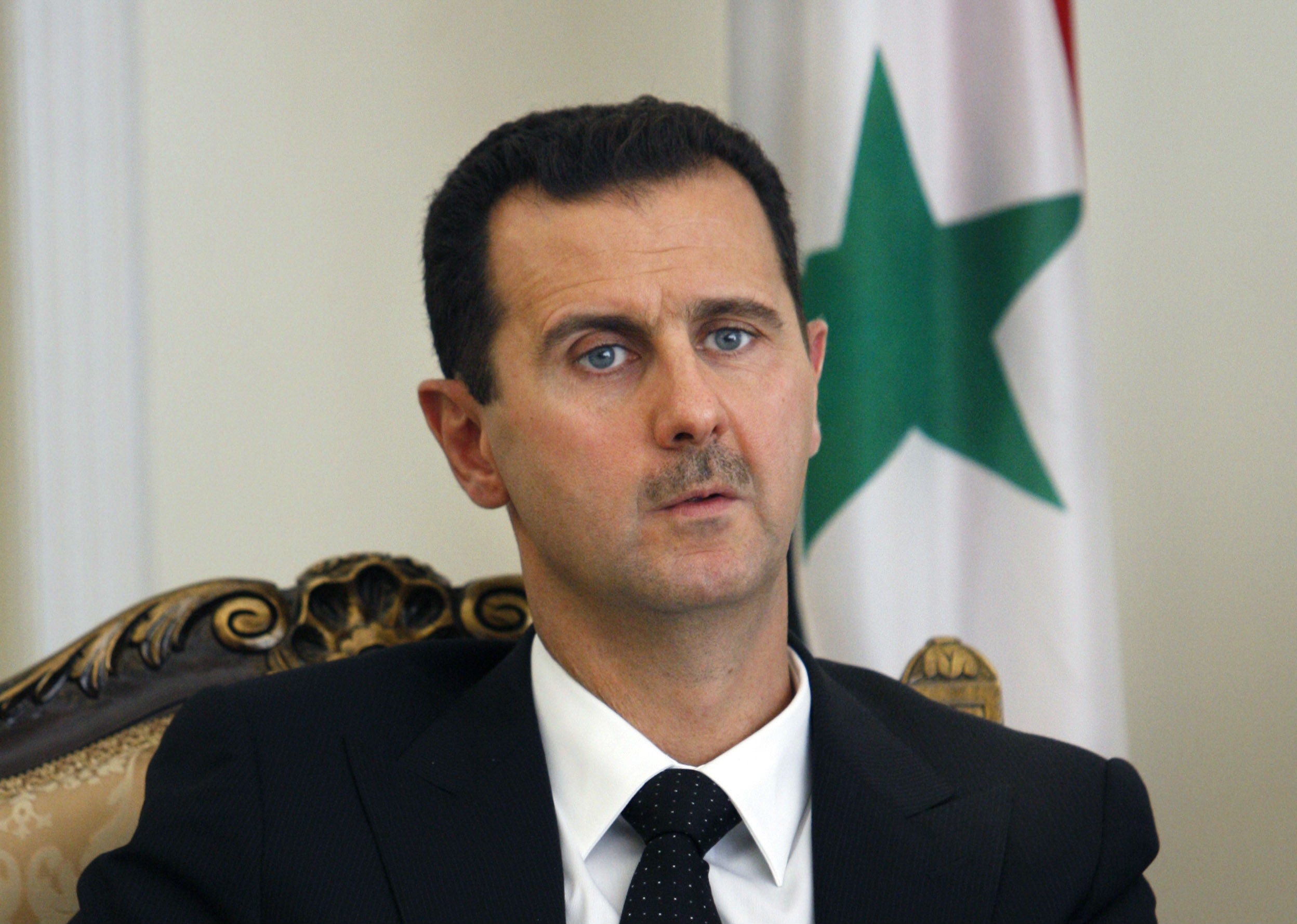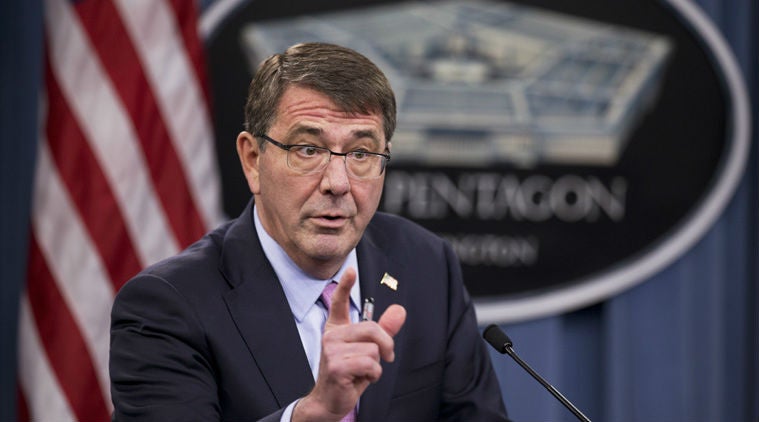Russia has deployed more than 28 military planes to Syria in recent days, claims US
Russia has also been flying drone surveillance operations

Your support helps us to tell the story
From reproductive rights to climate change to Big Tech, The Independent is on the ground when the story is developing. Whether it's investigating the financials of Elon Musk's pro-Trump PAC or producing our latest documentary, 'The A Word', which shines a light on the American women fighting for reproductive rights, we know how important it is to parse out the facts from the messaging.
At such a critical moment in US history, we need reporters on the ground. Your donation allows us to keep sending journalists to speak to both sides of the story.
The Independent is trusted by Americans across the entire political spectrum. And unlike many other quality news outlets, we choose not to lock Americans out of our reporting and analysis with paywalls. We believe quality journalism should be available to everyone, paid for by those who can afford it.
Your support makes all the difference.Russia has deployed at least 28 combat aircraft to Syria and has started flying unmanned surveillance drones as part of a steady military build-up, US officials have claimed.
Amid mounting concern about the situation inside Syria and the civil war that has been millions of refugees flee the country, officials in Washington told reporters that Russia was increasingly the number of planes and helicopters. These included “Fencer” advanced-attack aircraft and “Frogfoot” jets, used for close air support.
Reuters said unidentified officials had said Russia was also flying drones on surveillance missions – Russia’s first military air operations inside the country. It is believed the drone operations have been flown out of an air base near Latakia, where it has moved other heavy military equipment.

“There are 28 fighter and bomber aircraft [at the airfield],” one officials said, according to the AFP.
Officials said the build-up underscored the challenges facing US air operations against Isis fighters in Syria if there was no coordination between the US and Russia.
US and Russian defence chiefs spoke on Friday for the first in months and agreed to explore ways to avoid accidental interactions, also known as "deconfliction" in military parlance. The Pentagon said Secretary of Defence Ash Carter had a "constructive conversation" with his Russian counterpart, Sergei Shoygu.
Over the weekend, US Secretary of State John Kerry said over the weekend that he welcomed Russia's involvement in tackling Isis militants in Syria. But he also said a worsening refugee crisis highlighted the need to find a compromise that could also lead to political change in the country.
While both Russia and the US are opposed to Isis, the US is opposed to Moscow’s support for Syrian President Bashar al-Assad. The US, UK and other Western nations want to remove Mr Assad, and support backing so-called moderate rebel forces, despite the fact that Mr Assad is also fighting Isis.

The effort to train the rebels has been hugely costly but mired with challenges, not least the difficulty of distinguishing between different factions of rebel fighters and their goals. The US is also trying to train rebels to fight Isis
Last week, it emerged that despite $500m being spent on Syrian forces against Isis, only a handful of fighters were currently actively involved in fighting them.
“We’re talking four or five,” General Lloyd Austin, commander of US Central Command, told the Senate armed services committee on Wednesday.
Syria’s civil war has killed an estimated 250,000 people, and many continue to flee their homes, with 4m refugees and another 7.6m displaced inside the country.
The wave of people feeling Syria has created a crisis for Europe, with countries such as the Britain, the US and Sweden announce new targets for the number of refugees they will take
The disclosure of Russia’s latest moves inside Syria came as Israel announced it had agreed to coordinate military actions over Syria in order to avoid accidentally trading fire.
After talks in Moscow with Russian President Vladimir Putin, Israeli Prime Minister Benjamin Netanyahu said they had “agreed on a mechanism to prevent such misunderstandings”.
Join our commenting forum
Join thought-provoking conversations, follow other Independent readers and see their replies
Comments